“When Brexit happened, I took it personally. I come from an immigrant family and had been exposed to racism and stereotyping throughout my childhood. After the Brexit vote, I felt that same feeling I had felt as a kid”
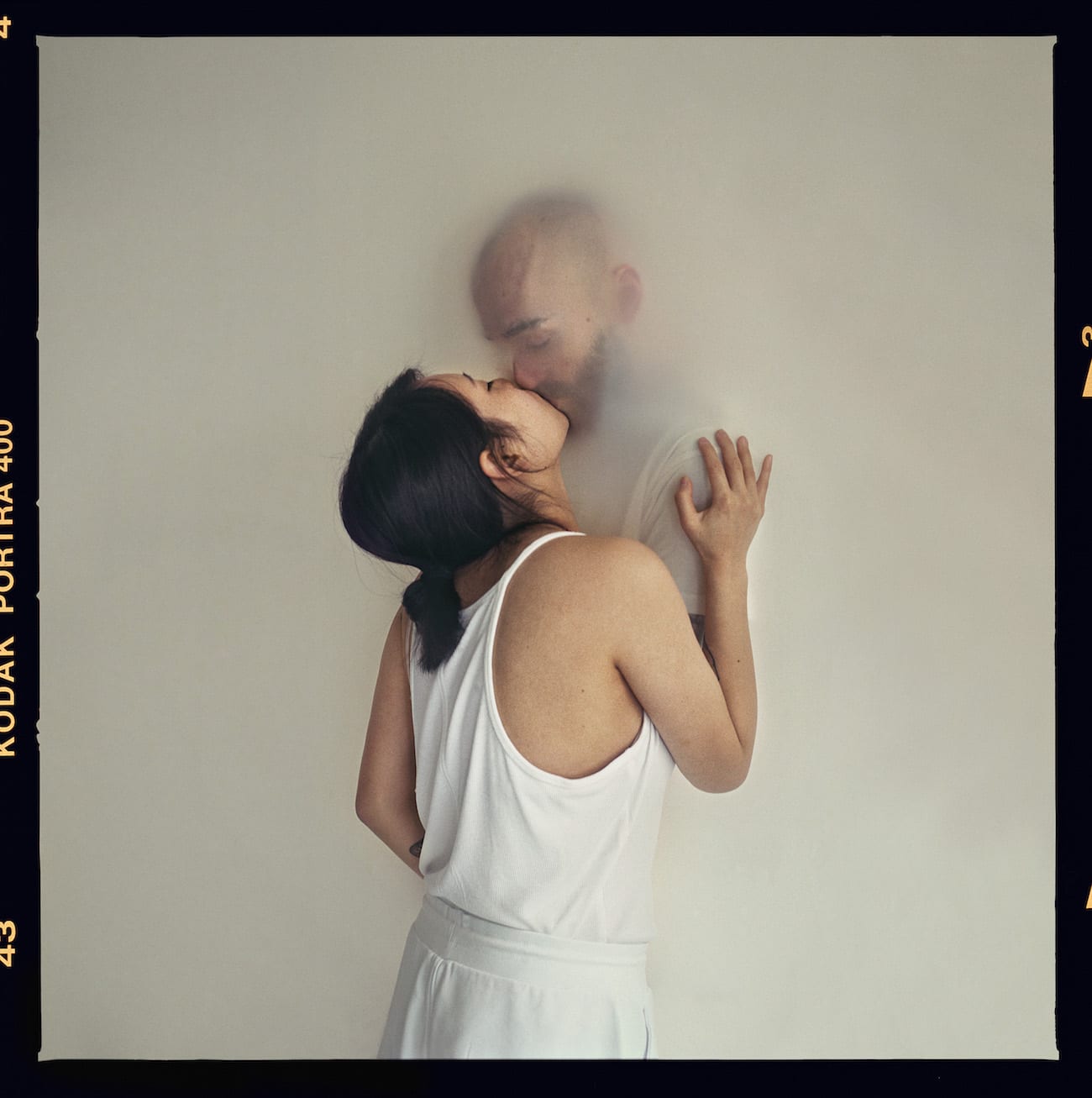

“When Brexit happened, I took it personally. I come from an immigrant family and had been exposed to racism and stereotyping throughout my childhood. After the Brexit vote, I felt that same feeling I had felt as a kid”

In 1981 Paul Graham published A1 – The Great North Road, a book of photographs taken along Britain’s longest road. Connecting London with Edinburgh, the road passes through North London, Peterborough, Doncaster, Leeds, York, Durham and Newcastle upon Tyne; Graham chose to photograph it in colour, at a time when black-and-white dominated, and his work made a big impression on Peter Dench. “Since viewing Graham’s book, I knew it was a journey I would make one day,” says the British photographer. “36 years after he made it, Brexit seemed a good time and reason. Plus I only live one mile from the A1; it’s a convenient tendril to the nation, a road that connects as much as it divides, through a nation on the verge. It is towards Britain that I consistently point my lens – it’s my home and my passion, and the people are the ones I want to understand most. Brexit is the next significant chapter, and I was inspired to get out as soon as possible to explore the mood of the nation.”
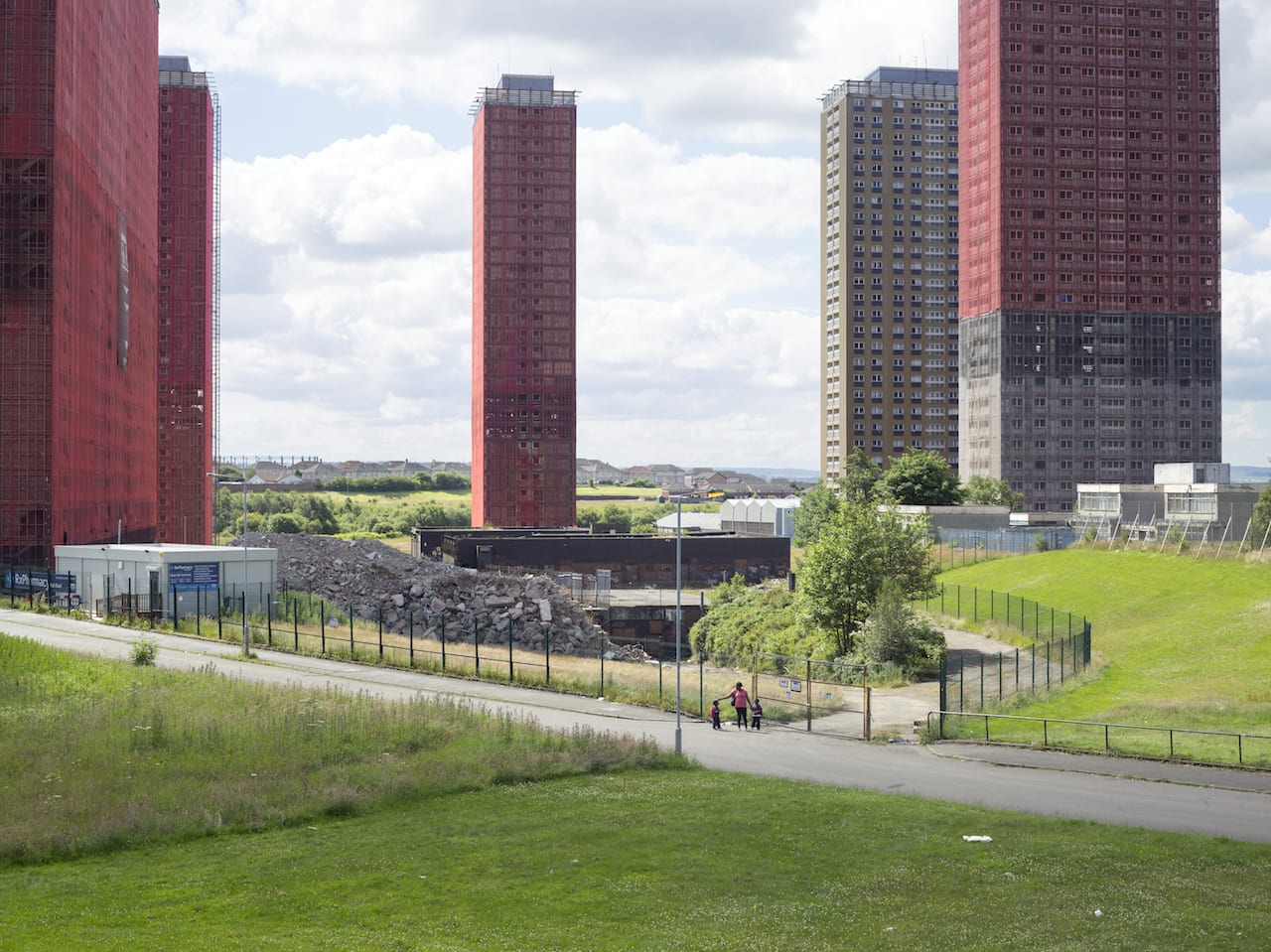
Merrie Albion: Landscape Studies of a Small Island is a concise compendium of Britain over the past few years and is an excellent visual survey of the run-up to Brexit. The photographs examine rich and complex variations of Britain that are now even more poignant after last year’s vote. Images of election campaigning in clean and tidy suburbia, protests, the aftermath of riots in London, diamond jubilee celebrations, rock concerts, a family enjoying Brighton beach, computer screens of the trading floor of Lloyds – the list goes on. Roberts has managed to capture all the major events in juxtaposition with minor situations that are large with meaning, from the dead of the Iraq war being saluted by Army veterans through Wootton Bassett to an depiction of impoverished mothers and children at a youth club in Blackburn. Contained within each photograph are mini dramas, cheap-looking high streets with pound shops set against Victorian architecture. Roberts shows a Britain at odds with itself. Rather than a harmonious society, we sense fragmentation and awkwardness and a yearning for a glorious past that never existed.

Five standout submissions from the ‘Separation’ commission supported by Affinity for iPad. Enter for free today!
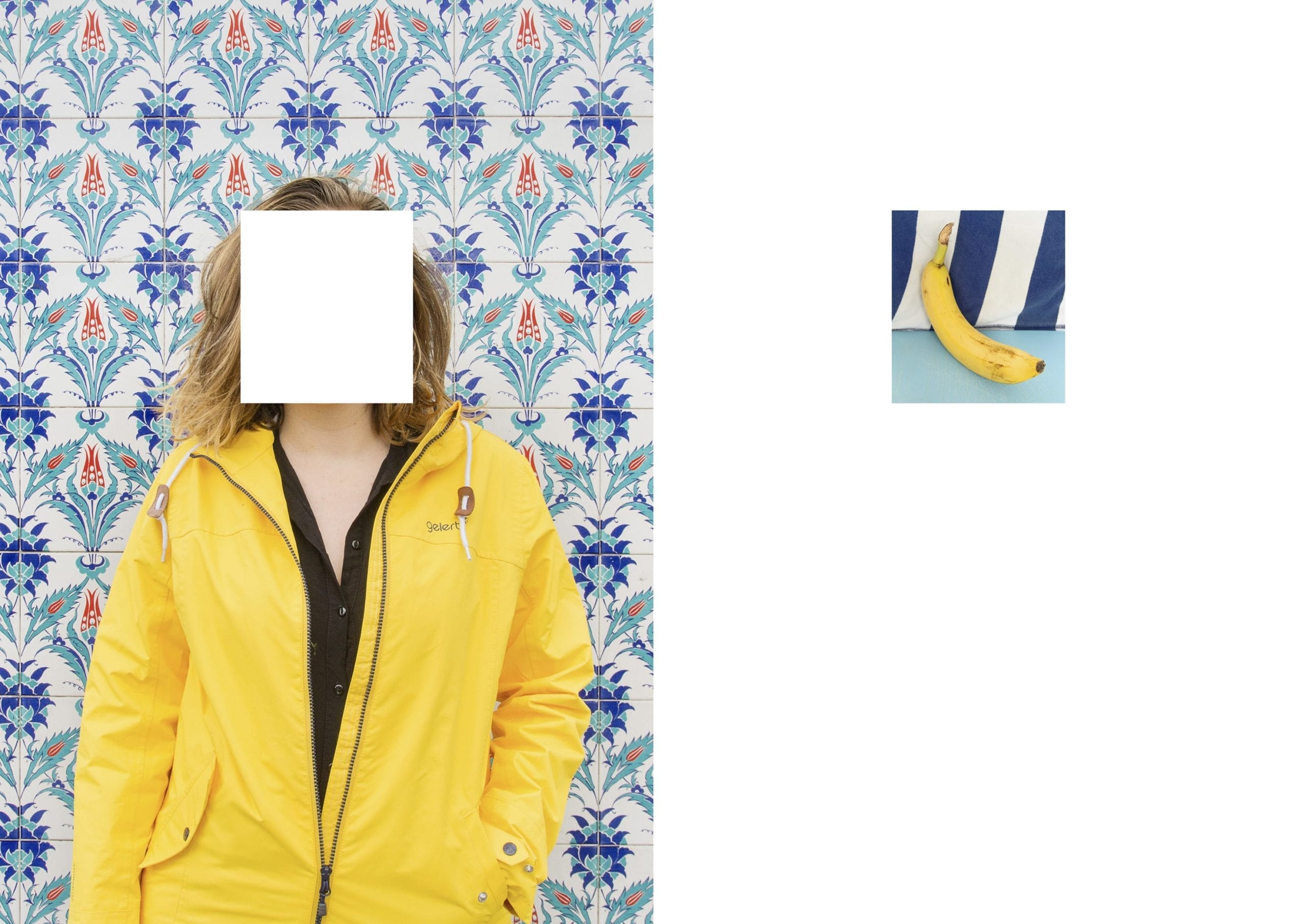
Born in Naples, Italy in 1988, Lorenza Demata was raised in Florence and took her first…
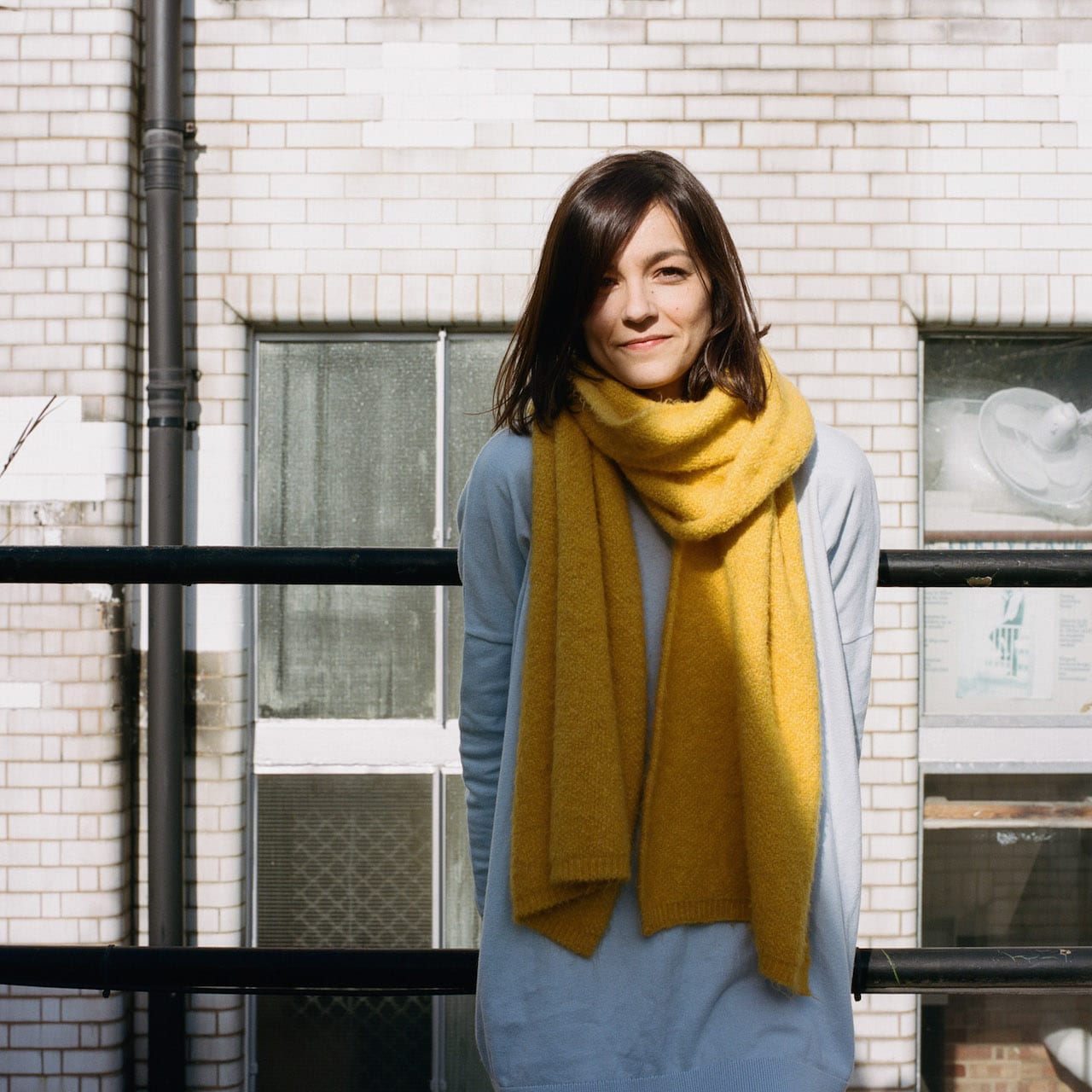
A year and a half after the vote that decided Britain would – eventually – leave the EU, and the discourse is just as confusing, chaotic, and convoluted as it ever was. One of the many implications to stem from the Brexit dialogue since June 2016 is, of course, the uncertain future for the 2.3 million citizens of other EU countries who have made their home in the UK. This was something that struck London-based photographer Julian Love, and inspired his most recent project The Europeans.
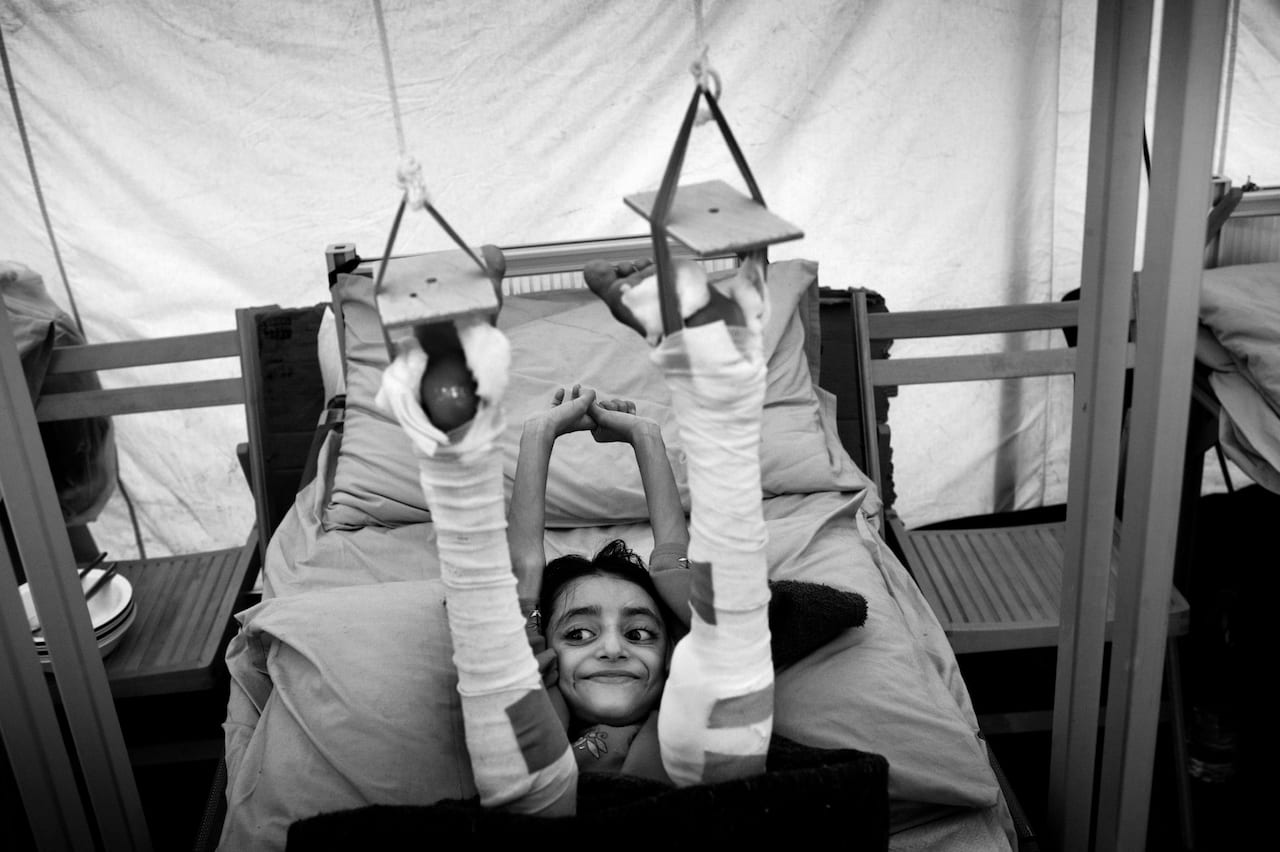
“I meet people with more empathy and more care towards one another in war situations or in conflict around the world than I have ever experienced in Europe. People want to share the little they have with me because I have talked to them and shown an interest in them,” says Jan Grarup. His work has taken him to the sites of the worst conflicts – from obvious examples such as Iraq and Iran, to forgotten areas like the Central African Republic. Each place he visits, he stays to learn about the culture and customs of the people before taking their photographs. In these places of despair and destruction, Grarup often finds hope and resilience. But the Western world needs to be more active and share the responsibility to help these regions return to a peaceful existence.

The 22 year-old has shot Poundbury and Milton Keynes, among others, to pick out how we shape the environment – and how it then shapes us. “I quickly realised the importance of human presence within these urban environments; how we change them over time and how the environment changes us.”
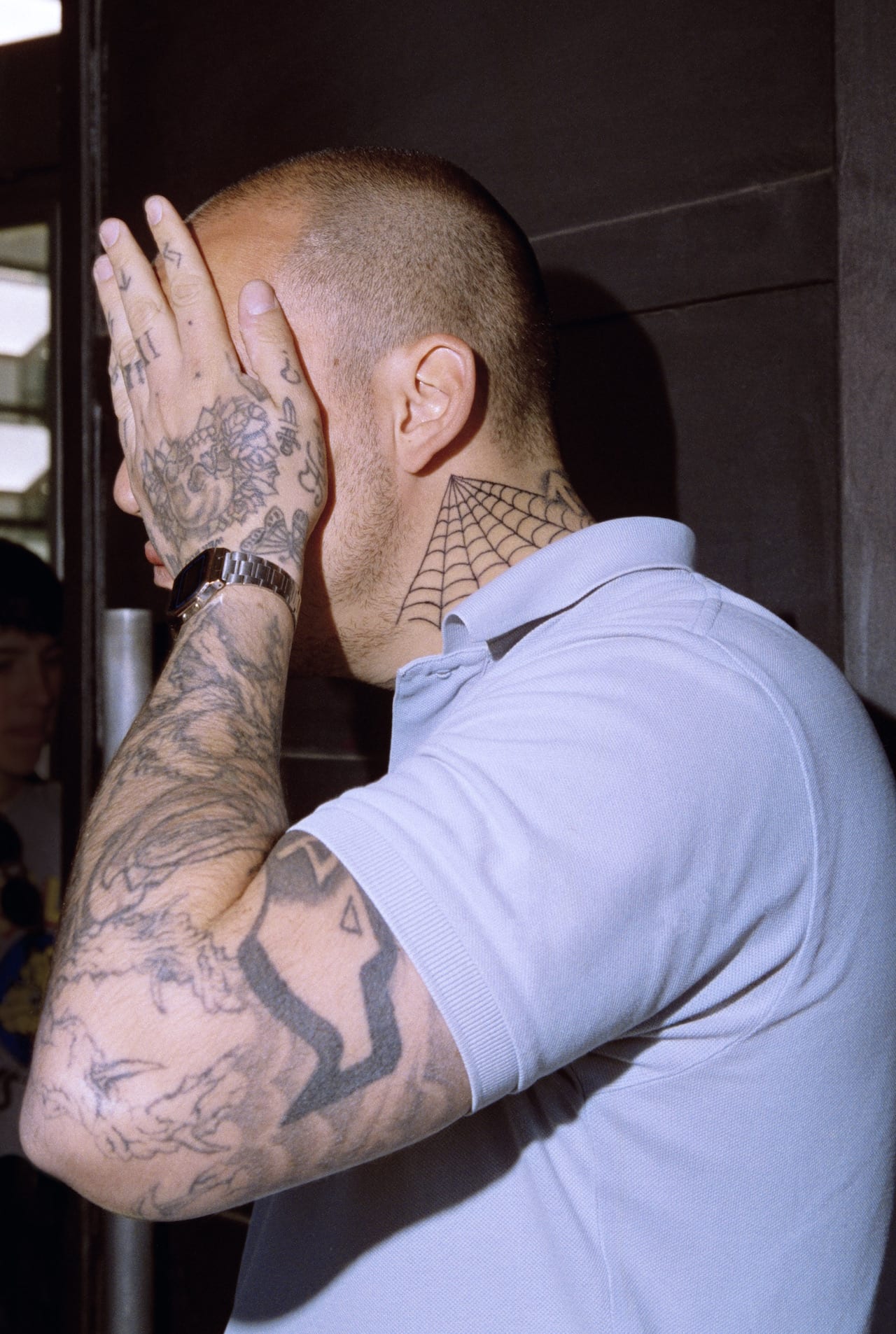
Luke Richard’s project Under Black Sun reflects on the rise of far-right politics in contemporary Italy through the concept of the New Man – a form of idealised masculinity created by Mussolini during his reign as dictator, and propagated through various forms of meticulously controlled media. Appropriating the virile symbolism and values of Ancient Rome, the New Man model drew on Rome’s imperial history to whip up support for the New Italy that was to be delivered under a Fascist government – a pattern Richards believes resonates today.